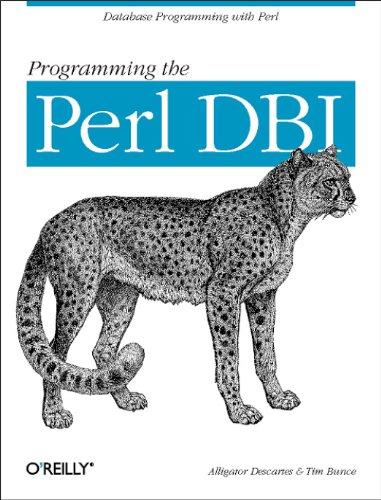Question
Assume you are leading a team of programmers and designers, who are responsible for adding files to an embedded operating system. Lets say the create()
Assume you are leading a team of programmers and designers, who are responsible for adding files to an embedded operating system. Lets say the create() and open() files are added. The team is working on read() file to assist sequential file access. Considering the above mentioned scenario answer the following questions:
- According to the mentioned criteria, what read() file should do?
- Describe the steps required to be implemented for the read() file. (The answer to this part can be provided in form of a pseudocode, explaining about 5-10 steps)
- Explain how can the function read() vary to provide direct file access.
- Now consider that a specific fil would access the read() file using sequential method . How would you
Suppose you lead a team of designers and programmers responsible for adding files to the XINU operating system. You may assume create() and open() are done. Your team is working on read() to support sequential file access.
- What do you understand read() should do?
- What are the steps that need to be implemented for read()? Hint: You might express your answer as pseudo code for read(). I'm expecting 5 - 10 steps, depending on the detail you put into each.
- How does the function read() differ to support direct file access?
(i need answer in an hour plz)
Step by Step Solution
There are 3 Steps involved in it
Step: 1

Get Instant Access to Expert-Tailored Solutions
See step-by-step solutions with expert insights and AI powered tools for academic success
Step: 2

Step: 3

Ace Your Homework with AI
Get the answers you need in no time with our AI-driven, step-by-step assistance
Get Started


